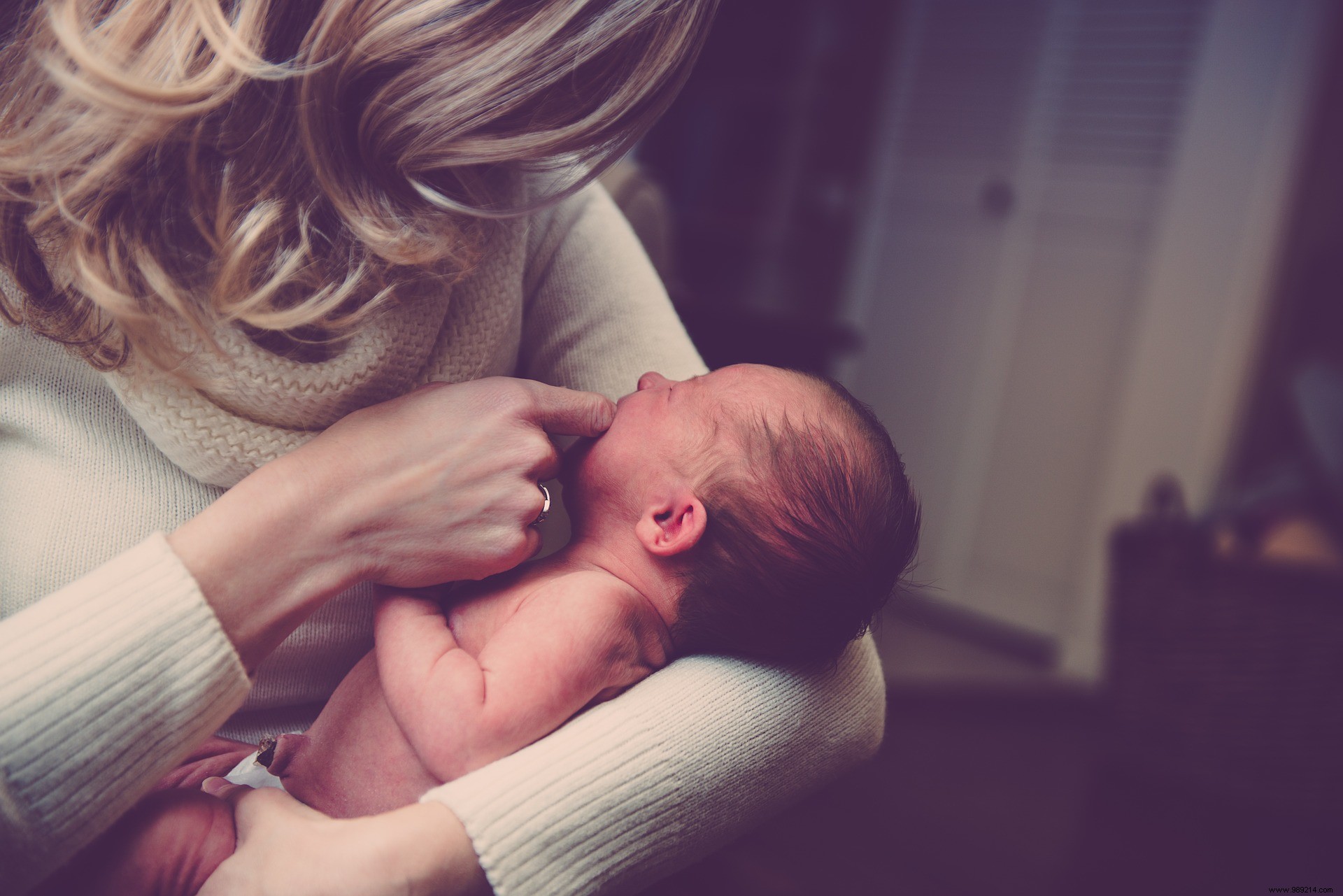Researchers claim to have found the cause of Sudden Infant Death Syndrome (SIDS). If the discovery is confirmed, it would be a real breakthrough in reducing the number of deaths before the first year of life.
As the name suggests, Sudden Infant Death Syndrome (SIDS) refers to the unexpected death of a baby. It most often occurs during sleep. A healthy baby can then fall asleep and suddenly stop breathing without any apparent medical cause. The causes of this syndrome are still unknown, but research is ongoing. And some are beginning to bear fruit.
Researchers at Westmead Children's Hospital in Australia have indeed found that levels of an enzyme called butyrylcholinesterase (BChE) were significantly lower in babies who later died of sudden infant death syndrome. The researchers focused on this enzyme because it is known to play a role in the brain's wakefulness pathway.
To reach their conclusions, the researchers examined BChE levels in 722 dried blood spots collected at birth as part of the newborn screening program. Levels of the enzyme were measured both in SIDS-related deaths and in infants who died of other causes. This data was then compared to ten surviving infants with the same date of birth and gender.

Researchers say that a deficiency at this level could reduce an infant's ability to wake up or react to the outside environment, increasing the risk of sudden death.
Published in the journal eBioMedicine (The Lancet), this work was led by Dr. Carmel Harrington who herself lost her child 29 years ago to this syndrome. "A seemingly healthy baby who falls asleep and doesn't wake up is every parent's nightmare and until now there was absolutely no way of knowing which baby would succumb. But that's not the case anymore “, she explains in a press release.
“Babies have a very powerful mechanism for letting us know when they are unhappy. Usually, if a baby is faced with a life-threatening situation, such as difficulty breathing while sleeping because he is on his stomach, he wakes up and cries “, continues the researcher. "What this research shows is that some babies don't have this same reliable arousal response ".
If these results are to be believed, then we could imagine that infants could be screened in order to identify risks. Ultimately, the researchers also hope to continue their work to examine different ways to remediate this enzyme deficiency .